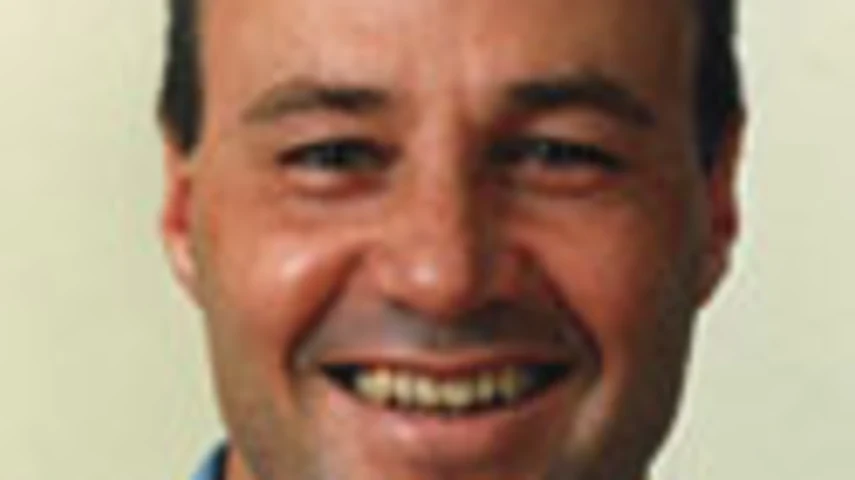Advisers must take emotion out of investing



|
|
Financial planners need to work at overcoming their clients' emotionally cautious approach to investment risk as a result of the financial crisis, according to Tony McDonald, the managing director of Snowball Group.
Speaking to Money Management, McDonald said it was an issue that clients were focused on the short-term risk involved in market volatility when they also had to consider the risk of running out of money in their old age.
Longevity risk is a huge issue, particularly with a population that is healthier and living longer, he said.
McDonald agreed that it was a risk that due to investors’ cautious behaviour, they might not meet their long-term investment goals.
The advice industry needs to remember that financial planners are not just about the technical side of things, they have to deal with the emotional side of investing as well, McDonald said.
It is human nature that investors overcompensate when thinking of an investment strategy, he said.
“In a period like now, where we’ve come out of the financial crisis, they tend to be focused on short-term risk, which is natural. The problem, going back three years, was that they weren’t focused enough on short-term risk,” he said.
“The role of an adviser is to take some of the emotion out of investment decisions.”
Recommended for you
While the number of advisers switching tends to tick up at the end of the year, Padua Wealth Data reveals which business model sees the most adviser loyalty.
Private credit, auditor misconduct and super trustees have been listed among ASIC’s priorities as the regulator unveils its top focus points for the coming year.
Melbourne-based investment manager Woodbridge Capital has appointed an origination director for south-east Queensland, strengthening its foothold in the region as part of its national expansion strategy.
Barings has appointed a new head of Asia Pacific to succeed Duncan Robertson, who will retire after almost two decades with the firm.











